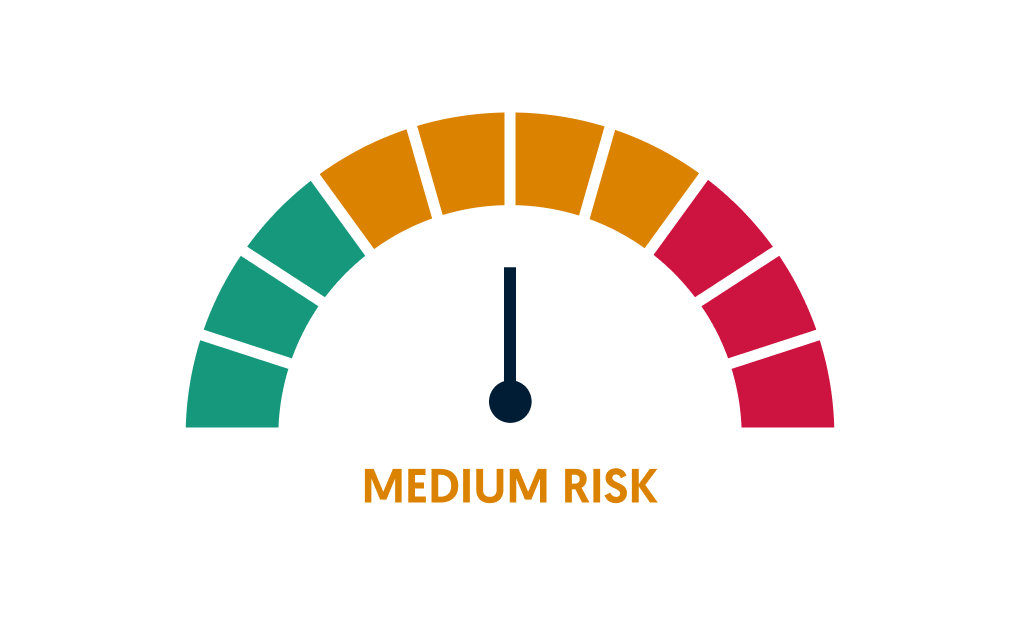Shareholders Agreement
A Shareholders Agreement allows you to clarify the relationship between shareholders of your company.
4.5 (222 reviews)
Last updated October 23, 2025
Under 20 minutes
Suitable for Australia
Written by Edwin Montoya Zorrilla
Reviewed by Damin Murdock
Document Overview
A Shareholders Agreement will help you govern the relationship between your company shareholders. Although you and your fellow shareholders may be on good terms, sometimes running a company will put a strain on that relationship. A Shareholders Agreement helps protect your interests in these situations. If disagreements arise, it can be very helpful to have a clear idea of what the parties agreed to before the dispute, or before something changes one shareholder's ability to continue working in the company. It is important to know that a Shareholders Agreement can only be formed when all existing shareholders express consent.
A Shareholder Accession Deed is included as an Annexure to this Shareholders Agreement. That Deed can also be accessed in template form on the Lawpath website.
Note: This Shareholders Agreement contains vesting provisions only for shares issued to founders. For more extensive vesting provisions, see our Share Vesting Agreement.
What’s the difference between a Shareholders Agreement and:
A Co-Founder Agreement
A Co-founder Agreement is a contract between Co-Founders setting out the ownership, initial investments and responsibilities of each Co-Founder. This agreement also safeguards you in the case of a dispute, as it can provide protection to show what the co-founder agreed too. The difference between a shareholder agreement and a co-founder agreement is that a co-founder agreement only effects the co-founders, whereas the shareholder agreement involves co-founders and shareholders and their interests in the company.
Company Constitution
A Company’s Constitution governs the company’s internal management. A Constitution is an essential and crucial document that governs the activities of your company as well as the relationship of your company’s directors and shareholders. A company’s constitution differs from a Shareholders Agreement as the constitution deals with the founders, directors and shareholders, unlike the Shareholders Agreement which only deals with shareholders.
A Partnership Agreement
A Partnership Agreement can help prevent misunderstandings and disputes about what each partner brings to the partnership, and what they are entitled to receive from the income of the business. Contrastingly, a Shareholders Agreement is only between the shareholders and the company in regards to their rights and responsibilities.
Articles of Association
The articles of association usually covers everything to do with the operational framework of a company. This is different to a Shareholders Agreement as it focuses on the shareholders and their relationship with the company.
Is a Shareholders Agreement legally binding?
Yes, it is a legally binding contract. Once the shareholders agreement is signed, a contract is formed.
I’ve registered a company. Do I have to have a Shareholders Agreement?
Typically, Shareholder Agreements are completed on incorporation or when a company is registered, where all parties are fully committed. This ensures everybody is aware of the direction, structure and responsibilities of each shareholder and knows the process for dispute resolution.
While uncommon, it is worth noting that a Shareholders Agreement can also be formed at a later stage should this be the preference of everyone involved.
What Act does this Shareholders Agreement fall under?
A Shareholders Agreement falls under the Corporations Act 2001 (Cth). This act contains the regulation of shareholders and the requirements to be issued shares within a company.
What classes of shares can be issued?
There are various types of shares that can be issued. Examples are company issued options, contributing shares, preference shares and ordinary shares. It's important to note, a class of shares/share class will have attached the holder's voting rights to it. These can be outlined in a company constitution.
What are drag along tag along provisions?
Drag along tag along provisions allow majority shareholders to require the minority shareholders to sell their shares. This often happens when a company is being taken over by another. A drag along tag along provision will “drag along” the minority shareholders whilst the majority shareholders are in the process of selling the company, requiring minority shareholders to sell their shares in the process.
Drag along tag along provisions are not included as part of our basic document, however, these can be included as part of a fixed-price quote from our lawyer marketplace.
Should a lawyer review my Shareholders Agreement?
To properly establish a Shareholders Agreement, it is necessary to obtain sound legal advice. There are various implications that can result from incorrect drafting of a Shareholders Agreement, so it is very important to seek legal advice and ensure that your agreement is set up correctly in order to maximise security and protection of the company and its shareholders.
What are Restraint Provisions and why do you need them?
In a Shareholders Agreement, restraint of trade clauses outline the rights of shareholders to protect the legitimate interests of the company. The aim is to prevent shareholders who are highly involved in day-to-day operations and have access to intellectual property from sharing this information. They are also prevented from participating in activities such as; being involved in competing businesses or poaching human capital for personal gain. If violated, the guilty party is deemed a "Bad Leaver", and the stated defaults regarding share allocations are enacted.
New Shares, Transfer of Shares, Sale of Shares
A Shareholders Agreement is useful to outline the restrictions on transferring and selling the shares of existing shareholders so that remaining shareholders are protected in the event of voluntary & involuntary exit. New shareholders, (eg investors) can also be added easily to the Shareholders Agreement through a "Deed of Accession".
Mediation Procedures
Clauses in a Shareholders Agreement can be useful to set out internal mediation procedures before engaging expensive processes such as arbitration. An example is a "Shotgun Clause", which when triggered enables shareholders to purchase other party's shares in the case of a deadlock (equal votes for and against). Other examples are a "Special Resolution", where a 75% majority shareholder vote must be met to pass an issue. Also installing "Pre-Emptive Rights" gives existing shareholders the right to purchase other's shares if they are willing to sell.
The Legal Risk Score of a Shareholders Agreement Template
Our legal team have marked this document as medium risk considering:
- The document allows for significant control over company decisions by a limited number of shareholders, which might concentrate power and limit broader shareholder influence.
- There are provisions that allow for the sale or transfer of shares under specific conditions which could lead to potential changes in ownership that might not align with all shareholders' interests.
- The agreement binds parties to specific actions regarding the management and operational direction of the company, which could restrict flexibility in responding to future business challenges or opportunities.

Shareholders Agreement Checklist
Complete your free Shareholders Agreement with our checklist
Distribute Copies
Distribute a copy of the fully executed agreement to all parties involved, including any new shareholders who have signed the Deed of Accession.
Update Company Records
Update the company's records, including the register of members and share certificates, to reflect the changes in share ownership as stipulated in the agreement.
Review Compliance
Regularly review the agreement to ensure ongoing compliance with its terms, especially those related to share disposals, issuances, and the management of the company.
Use this Shareholders Agreement if:
- You would like to lay down the rules between the shareholders of your company.
What does the Shareholders Agreement cover?
- Who can be a shareholder;
- Who can serve on the board of directors;
- What happens if one of the shareholders becomes impaired or dies;
- What happens if a shareholders files for bankruptcy, resigns, retires or is fired;
- Restrictions as to when a shareholder may transfer, sell or assign its shares to third parties;
- The valuation of shares for company stock;
- How much will be paid for the purchase of such shares;
- Restraint provisions;
- Dividend distributions & Shareholder salary payments;
- Shareholder mediation procedures; and
- Exit strategy.
Other documents you may need:
Further information:
View Sample Shareholders Agreement
It's never been so easy
Sign-up to a free Lawpath account
Get started and we'll take care of you. It's that easy.
Browse our 500+ legal documents
Browse our 500+ legal documents to find the perfect match to cover your business needs. We've got Compliance, Employment, Service agreements and more.
Collaborate with e-Sign and Sharing
Having access to your legal documents has never been easier. You can request e-signature, share the document and download for an efficient collaboration.
Create unlimited legal documents and eSignatures for only $39/month.
Upgrade to a Lawpath legal plan to boost your new business.


Here's what people say about Lawpath's Shareholders Agreement
Reviews are managed by BazaarVoice and comply with the BazaarVoice Authenticity Policy. Reviews are independently verified by BazaarVoice and detail our customers' real experiences.
0 reviews
Most Recent
Highest to Lowest Rating
Lowest to Highest Rating

